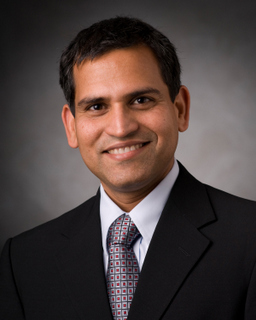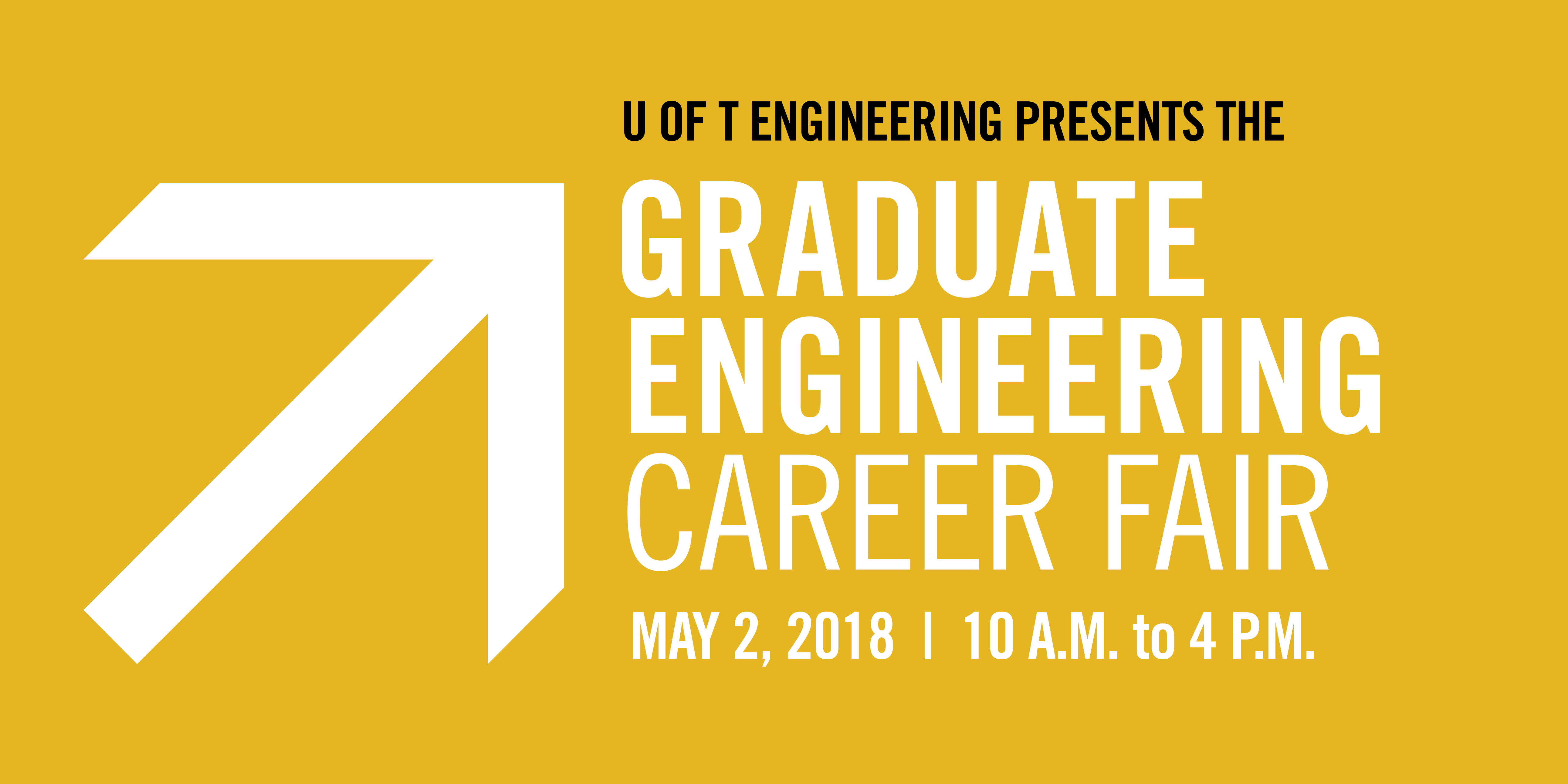Dr. Jason Burdick
Department of Bioengineering, University of Pennsylvania
Hydrogels represent a class of biomaterials that have great promise for the repair of tissues, particularly due to our ability to engineer their biophysical and biochemical properties. Hydrogels can provide instructive signals through material properties alone (e.g., mechanics, degradation, structure) or through the delivery of therapeutics that can influence tissue morphogenesis and repair. Here, I will give examples of the design of hydrogels based on hyaluronic acid (HA) for use as injectable therapeutics or towards 3D bioprinting applications. Towards cardiac repair, my laboratory is interested in designing materials that can influence the left ventricular remodeling process that occurs after myocardial infarction. To permit percutaneous delivery of hydrogels (e.g., via catheters), we have developed a class of shear-thinning and self-assembling hydrogels that can be used for the delivery of mechanical signals, as well as cells and therapeutics (e.g., protease inhibitors). These hydrogels assemble based on guest-host interactions and can be designed to degrade via matrix metalloproteinases or to become more stable through secondary crosslinking. These iterations on material design are teaching us what important signals are needed in these hydrogels towards the next generation of translatable therapeutics for cardiac repair. Beyond injectability, these hydrogels are also useful for bioprinting in the area of additive manufacturing. Our approach involves the printing of a shear-thinning and self-healing hydrogel ink into another support hydrogel in 3D space. Shear forces disrupt the hydrogel structure for extrusion and also to receive the extruded material, with resolutions dependent on needle diameter, printing speed, and extrusion rate. This approach allows for the printing of cells, multiple inks into the support gel, and pockets of materials. Additionally, open and perfusable structures (e.g., channels) can be fabricated with secondary photocrosslinking of the support hydrogel and washing of the ink.
———————————————————————–
Biography
Jason A. Burdick, PhD is a Professor of Bioengineering at the University of Pennsylvania. Dr. Burdick’s research involves the development of hydrogels for various biological applications and his laboratory is specifically interested in understanding and controlling polymers on a molecular level to control overall macroscopic properties. The applications of his research range from controlling stem cell differentiation through material cues to fabricating scaffolding for regenerative medicine and tissue repair. Jason currently has over 200 peer-reviewed publications and has been awarded a K22 Scholar Development and Career Transition Award through the National Institutes of Health, an Early Career Award through the Coulter Foundation, a National Science Foundation CAREER award, a Packard Fellowship in Science and Engineering, and an American Heart Association Established Investigator Award. He is on the editorial boards of Tissue Engineering, Biofabrication, and Journal of Biomedical Materials Research A, and is an Associate Editor for ACS Biomaterials Science & Engineering.
Hosted by Dr. Molly Shoichet
Snacks and Refreshments will be served
The CHE Graduate Office would like to invite all graduate students to our first “Meet & Eat”. This will consist of round table discussions, geared towards facilitating student feedback on our program and services.
Round table topics include:
- Courses
- Professional Development Opportunities
- Wellness
Sample questions:
What’s missing in the Chemical Engineering curriculum?
Does the department provided adequate professional development opportunities?
What kind of support would you like to see more of?
What kinds of things cause you the most stress?
How is your experience researching in our department?
What issues do you think the department should focus on addressing?
We look forward to seeing you all there!
Sincerely,
CHE Graduate Office Team
Join the Canada Council for the Arts for this special anniversary event featuring acclaimed winners of the Killam Prize. In an insightful panel discussion, three of Canada’s leading researchers will address the importance of creativity and imagination in the field of research, and the societal impact of their work in today’s world.
The event is moderated by Paul Kennedy, Host of CBC Radio Ideas.
Panelists:
Dr. John Borrows, Lawyer specializing in indigenous legal rights, University of Victoria
Dr. Victoria Kaspi, Astrophysicist and director of the McGill Space Institute, McGill University
Dr. Molly Shoichet, Biomedical engineer and Ontario’s Chief Scientist, University of Toronto
A reception will follow.
2017-18 AEESP Distinguished Lecture
Co-hosted by Engineering Departments at the University of Toronto, York University, and Ryerson University
“Proliferation and Control of Multidrug-Resistant “Superbugs” in Sewage Treatment Plants”
Pedro Alvarez, Rice University
University of Michigan Professor, Dr. Erin A. Cech as part of ILead seminar series (11:10 am – 12:00 pm, GB 202, Wednesday, March 7).
Summary: The professional cultures, which give each discipline its particular “feel” and unite members under a system of meaning and values, are not benign. Dr. Cech will explain how these cultures can disadvantage women and other under-represented groups in STEM. Specifically, she’ll discuss the role of three cultural ideologies in producing disadvantage: schemas of scientific excellence, depoliticization, and the meritocratic ideology. She’ll end by explaining why decisions that partially rely on assessments of a person’s “fit” with a professional culture, such as admissions, hiring, tenure, are particularly important to examine for their potential to contribute to inequality.
MANISH KUMAR
Pennsylvania State University
Membranes are rapidly becoming the fastest growing platform for water purification, reuse, and desalination. They are also important for industrial separations, and are being considered for applications involving catalysis and sensing. All synthetic membranes have selectivity-permeability tradeoffs, i.e if a membrane has high permeability, it will have a lower selectivity between two solutes or between a dissolved solute and a solvent. This is due to the mechanism of solution-diffusion through a wide distribution of free volume elements in non-porous membranes, such as reverse osmosis membranes used for desalination, and a wide pore size distribution in porous membranes. A simple solution, in concept, to such a challenge is to do what nature does – design precise angstrom to micron-scale pores with no polydispersivity. However, so far such an ideal has not been realized in synthetic membranes and in particular for angstrom-scale separations. I will describe what we think is an achievement of such an ideal based on pillar[5]arene artificial channels, where pore selectivity and permeability are preserved and demonstrated at each stage from chemical design, molecular transport characterization, simulation, self-assembly to finally membrane fabrication and testing, resulting in bioinspired artificial water channel based block copolymer membranes.
 MANISH KUMAR is an Associate Professor of Chemical Engineering, Environmental Engineering (by courtesy), and Biomedical Engineering (by courtesy) at Penn State. He received his bachelor’s degree from the National Institute of Technology in Trichy, India in Chemical Engineering. He completed an MS in environmental engineering at the University of Illinois, and then worked for approximately seven years in the consulting industry on applied research projects (lab, pilot, and full-scale) on membranes for water and wastewater treatment. Manish returned to Illinois to complete a PhD in the area of biomimetic membranes and then conducted postdoctoral research at the Harvard Medical School on the structure of water channel proteins, aquaporins. He works in the areas of membrane protein structure and biophysics, membrane protein enhanced synthetic block copolymer membranes, and on developing artificial membrane proteins and biocompatible electrical interfaces. The overarching interest of his group, however, is in developing novel strategies to improve the performance of separation membranes using truly interdisciplinary approaches. He has received the NSF CAREER award and the Della and Rustom Roy award for outstanding materials research.
MANISH KUMAR is an Associate Professor of Chemical Engineering, Environmental Engineering (by courtesy), and Biomedical Engineering (by courtesy) at Penn State. He received his bachelor’s degree from the National Institute of Technology in Trichy, India in Chemical Engineering. He completed an MS in environmental engineering at the University of Illinois, and then worked for approximately seven years in the consulting industry on applied research projects (lab, pilot, and full-scale) on membranes for water and wastewater treatment. Manish returned to Illinois to complete a PhD in the area of biomimetic membranes and then conducted postdoctoral research at the Harvard Medical School on the structure of water channel proteins, aquaporins. He works in the areas of membrane protein structure and biophysics, membrane protein enhanced synthetic block copolymer membranes, and on developing artificial membrane proteins and biocompatible electrical interfaces. The overarching interest of his group, however, is in developing novel strategies to improve the performance of separation membranes using truly interdisciplinary approaches. He has received the NSF CAREER award and the Della and Rustom Roy award for outstanding materials research.
“Rethinking Education for the 21st Century”
Sanjay Sarma, Massachusetts Institute of Technology
The Department of Chemical Engineering & Applied Chemistry at U of T invites you to the
2nd annual ChemE Exhibition & 33rd ChemE Dinner, Friday, March 23
Special talk given by Professor Tim Bender: Harnessing the Power of the Sun with See Through Materials Using Organic Chemistry
4:00pm – 5:00pm (Free)
Poster Gallery and Cocktail Reception
5:00pm – 6:45pm (Cash bar)
33rd ChemE Dinner
7:00pm – 9:30pm ($70/Person)
All events will be held at 89 Chestnut Street Residence. Please rsvp at http://uoft.me/2018chem by Friday, March 9
If you wish to sponsor a student dinner table, please email jennifer.hsu@utoronto.ca
“Metabolite Valves: Dynamic Control of Metabolic Flux for Pathway Engineering”
Kristala Jones Prather, Massachusetts Institute of Technology
 Join us on May 2, 2018 for the Graduate Engineering Career Fair, your opportunity to meet employers who are recruiting students and alumni with graduate degrees in engineering.
Join us on May 2, 2018 for the Graduate Engineering Career Fair, your opportunity to meet employers who are recruiting students and alumni with graduate degrees in engineering.
Employers are seeking current MASc, MHSc, PhD, MEng and MEngCEM students, and alumni to fill a wide range of roles, including:
- full-time opportunities
- part-time opportunities
- internships
- research internships
- summer positions
Please note, only U of T Engineering students and alumni are eligible to attend. Students will be asked to swipe their TCards.
See website for more details and to register: